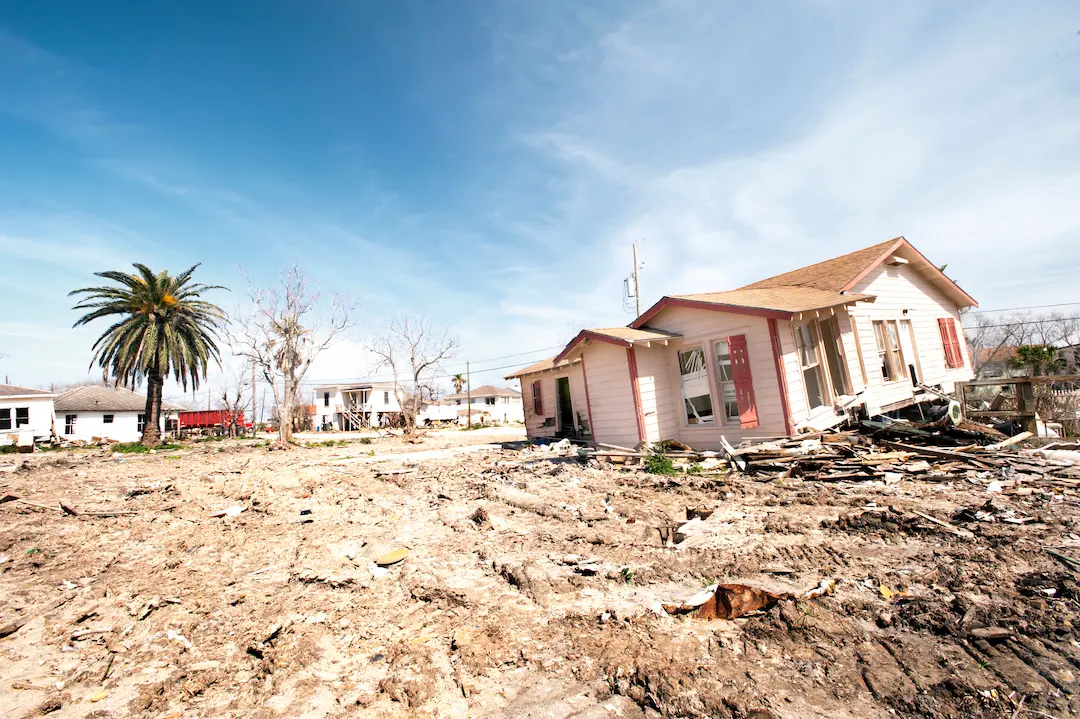Any time you sustain damage to your home, business, or vehicle, it is only natural to consider filing a property damage claim. However, the claims process can be cumbersome, and many individuals are unsure of exactly how to proceed. In this post, we’ll offer a brief guide.
Read Your Policy
The first step is to become more familiar with the coverage your insurance policy actually provides. For example, most homeowners policies will exclude certain types of disaster, such as acts of war or terrorism. Likewise, flooding, mold damage, and other risks are usually not included in basic homeowners policies, although more comprehensive or separate insurance policies can be purchased to provide additional coverage.
Another important consideration is that the insured value of your home may not be what you think it is. For instance, policies may only pay the lower of repairing damaged property or the market value of your property—whichever is less. Further, it is important to understand how portions of your property will be classified, as separate, lower policy limits may apply to different classifications of property.
Similarly, auto insurance policies have some complexities you will want to investigate. Generally, auto policies cover liability, medical payments, and property damages that stem from car accidents. Liability coverage, which covers another parties’ property damage and bodily injury when you are at fault, is required in Texas. Other coverages, such as medical payments coverage (for yourself), is optional.
In some situations, you may not know under which type of coverage to file a claim. In those instances, it is best to talk with your insurance broker or call an insurance lawyer to find out, as multiple policies can apply to a single event.
Look at the Numbers
As you look at your policy, there are a couple of specific numbers to which you will want to pay close attention. The first is the policy limits, which represent the maximum amount of money your insurance company will pay on any property damage claim. Generally, an insurance company will not be liable for damages in excess of policy limits.
The other important number to look at is the deductible, which shows you how much money you have to pay out of pocket before insurance will kick in. The same concept exists with health insurance policies, so most policyholders are familiar with how deductibles impact claims.
Consider Whose Insurance Pays
In situations involving liability, it is important to ask which parties’ insurance is going to pay out your claim. For instance, in cases involving auto accidents, if the other driver was at fault, then you will likely want to file your claim with the at-fault party’s insurance policy (this can become more complicated if the other driver does not have insurance). Further, in larger property damage cases, where multiple parties could be at fault, it is important to put all parties on notice of an incident, so that insurance from all parties will be available to compensate you for your damages.
It is often the case that insurance claims become more complex than you initially believe, whether it involves a small automobile policy or a multi-million-dollar property policy. In those cases, the insurance lawyers at McLaurin Law can help guide you through the process and ensure that you get the fairest possible compensation. Reach out to us at any time to talk about your insurance claim.



